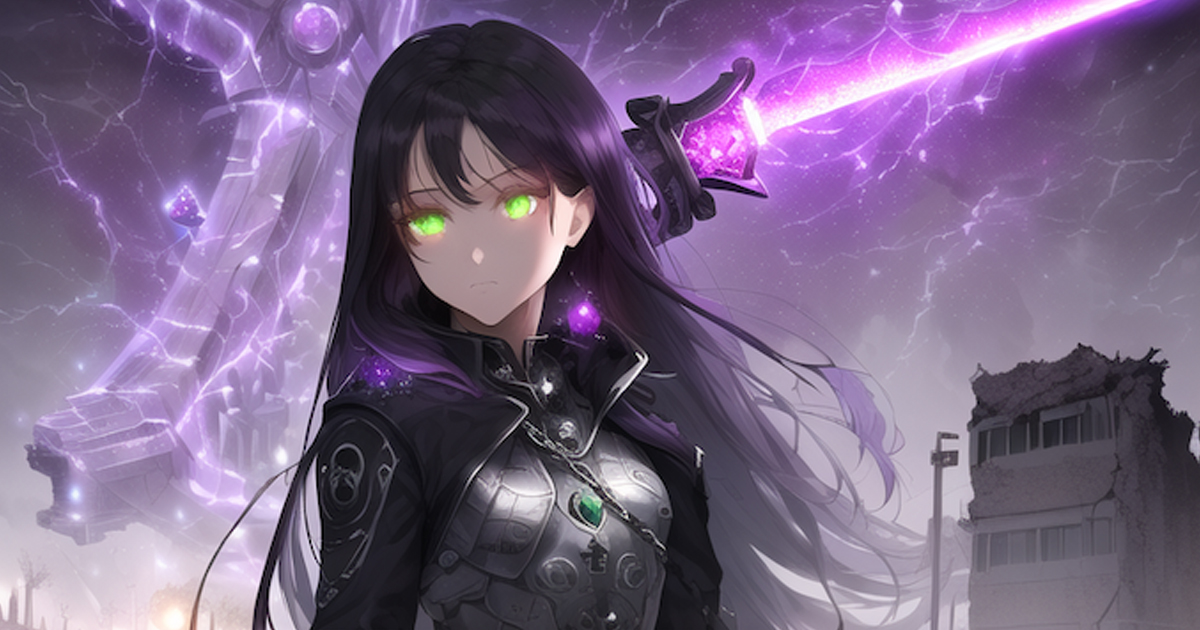Kickstarter updates its AI art policy following suspension of Unstable Diffusion campaign
Kickstarter has responded to the controversy over Unstable Diffusion, a project for AI generation of NSFW images. The platform suspended the crowdfunding campaign, also updating its AI art policy and pledging to protect the real humans behind the creative work.

What happened?
Earlier this month, a group of people launched a Kickstarter campaign for the Unstable Diffusion project. Named after the popular text-to-image model Stable Diffusion, the new system aims to “reject the limiting rules of corporate AI companies.”
This means that its creators want to allow users to generate AI art with no restrictions, including NSFW and porn content. Unstable Diffusion caused a stir online, raising over $56,000 from 867 backers.
“With [funding], we can afford to train the new model with 75 million high quality images consisting of ~25 million anime and cosplay images, ~25 million artistic images from ArtStation/DeviantArt/Behance, and ~25 million photographic pictures,” the campaign’s description reads.
However, Unstable Diffusion received criticism from professional artists. Along with raising ethical questions about the potential creation of “nonconsensual pornography”, many accused the developers of illegally using other people’s work to train the model (just like it was in the case with illustrator Greg Rutkowski).
He @Kickstarter so you’re just gonna let a AI project that’s main premise is generating (potentially non consensual) porn and main sales pitch is that folks can steal from Greg Rutkowski? Or are you gonna do something to protect creators and the public?https://t.co/26nTl4dTNM
— Karla Ortiz 🐀 (@kortizart) December 10, 2022
How did Kickstarter respond to the controversy?
In the wake of the ongoing debate, Kickstarter decided to suspend the Unstable Diffusion campaign. The company also released an update on its policy regarding the presence of AI-generated image software on the platform.
CEO Everette Taylor stated that there a lof of projects on Kickstarter that are pushing the boundaries, but it also sometimes results in the platform having to navigate “some really tricky and undefined areas.”
The company is still thinking about what place AI-generated art should have on the platform. But as Taylor pointed out, one thing is clear: “Kickstarter must, and will always be, on the side of creative work and the humans behind that work. We’re here to help creative work thrive.”
Kickstarter noted that it must evaluate every case of copying an artist’s work, whether it is clear or not — including images that were used for training AI software without the consent of their creators.
The platform also reminded that its rules prohibit projects that promote discrimination towards marginalized groups, putting a particular community at risk of harm.
“The decisions we make now might not be the ones we make in the future, so we want this to be an ongoing conversation with all of you,” Taylor concluded, encouraging users to submit their feedback.
The Unstable Diffusion team have issued their own statement, saying that they won’t back down from defending the freedom to create (via Kotaku): “We are rising to the call to defend against the artists lobbying to make all AI art illegal, and backers support will allow us to challenge this increasingly well-funded and organized lobby.”